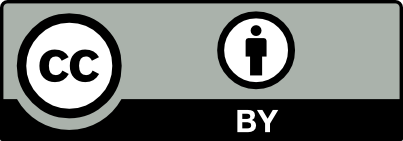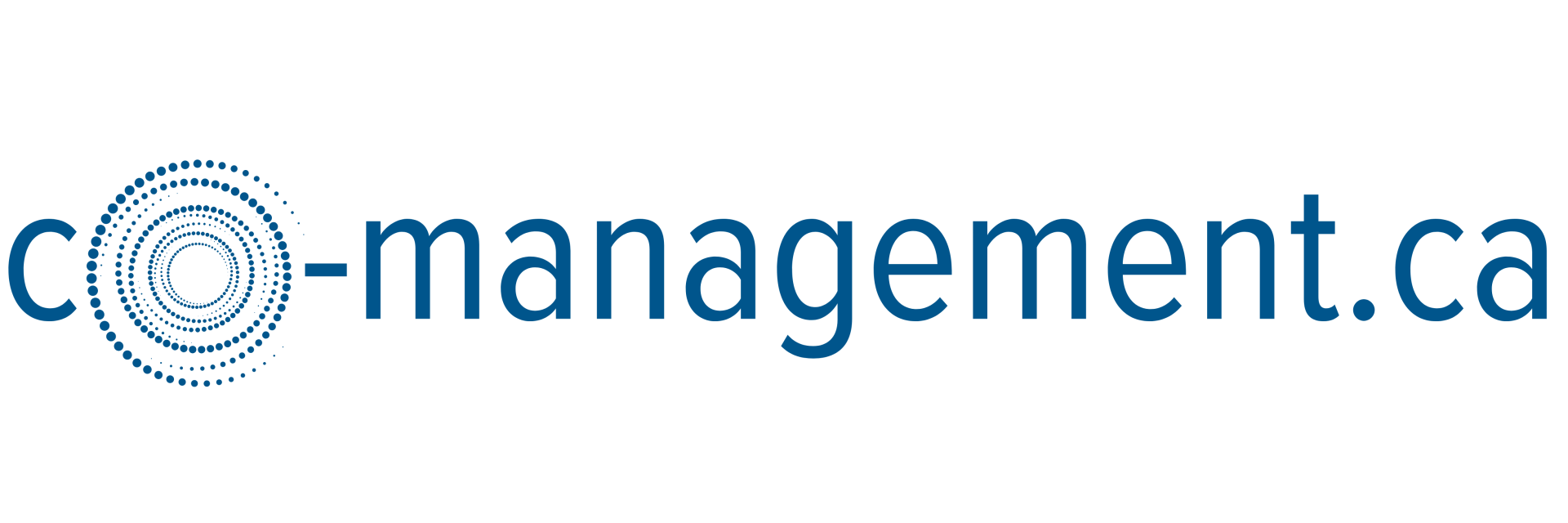Beyond Extraction: Understanding Indigenous Knowledge as a way of life
McGregor (2021) covers key challenges related to the history of attempts to "extract" Indigenous Knowledge for the purposes of others. This blog draws from the article to focus on a very common theme in the practice of co-management, and that is the misunderstandings of what exactly is Indigenous Knowledge.
It's Not Just "Knowledge"
Understanding Indigenous Knowledge Systems
Understanding Indigenous Knowledge Systems
External agencies and researchers often perceive Indigenous Knowledge as data or information that can be extracted from an Indigenous context to a non-Indigenous one. This approach leads to researchers "cherry picking" what information suits their needs.
Terms like "Traditional Ecological Knowledge" (TEK) often fall into this extractive paradigm, where knowledge is broken into categories like "water TEK" or "climate change TEK" without deeper ontological meaning.
Terms like "Traditional Ecological Knowledge" (TEK) often fall into this extractive paradigm, where knowledge is broken into categories like "water TEK" or "climate change TEK" without deeper ontological meaning.
In stark contrast, Indigenous Knowledge Systems are integral, inseparable features of Indigenous societal systems. They represent broader political, legal, economic, and cultural systems that enable the continued generation and renewal of Indigenous peoples, culture, and their well-being. Just as Western knowledge is produced within a complex system of institutions, funding, and peer review, Indigenous knowledges are generated and governed within Indigenous Peoples' own legal and governance structures and protocols.
Indigenous Knowledge: More Than a Noun, It's a Verb
A profound insight offered in the article, drawing on Anishinaabe scholar and activist Winona LaDuke, is that there is "no way to quantify a way of life, only a way to live it".
This captures the essence of Indigenous Knowledge as a way of life—something that must be lived (as a verb) in order to be understood.
This captures the essence of Indigenous Knowledge as a way of life—something that must be lived (as a verb) in order to be understood.
Indigenous knowledge is not simply intellectual information; it is inseparable from the people who hold and live this knowledge. You cannot truly "acquire" or "learn" Indigenous knowledge without undergoing experiences similar to those involved in its generation, holding, and transmission. It resides within the people, the community, and the land itself, and may not be quantifiable in ways familiar to Western science.
Listen to Dr. McGregor explain in this short podcast clip.
Don't try this at someone's home.
Given that Indigenous Knowledge is a living, inseparable part of Indigenous Knowledge Systems, and a way of life, how can someone new to a community respectfully engage and learn?
The only appropriate way to understand Indigenous Knowledge Systems or Indigenous Knowledge is to "establish meaningful relationships with Indigenous Peoples on their own terms". This means moving away from externally derived agendas and supporting Indigenous self-determination.
Indigenous Peoples should be positioned as leaders in environmental protection, conservation, and assessment, not merely as "interest groups" to be included. This requires recognizing and supporting Indigenous systems of law and governance.
Indigenous communities themselves must be supported in codifying their own knowledge protection systems and knowledge-sharing protocols to manage external interests.
In essence, for someone new to a community seeking to learn about Indigenous Knowledge Systems, the pathway is not through a simplistic "learning technique" or "data acquisition." Instead, it is through deep, respectful engagement with Indigenous Peoples as nations, societies, and governments, upholding their self-determination, and understanding that their knowledge is inextricably linked to their way of life, land, and governance. This requires a fundamental shift in mindset from extraction to genuine partnership and respect for Indigenous sovereignty over their own knowledge systems. It means being ready to respect Indigenous Knowledge Systems, and Indigenous Peoples, and allowing them to lead.
Reflective Questions for interested learners


